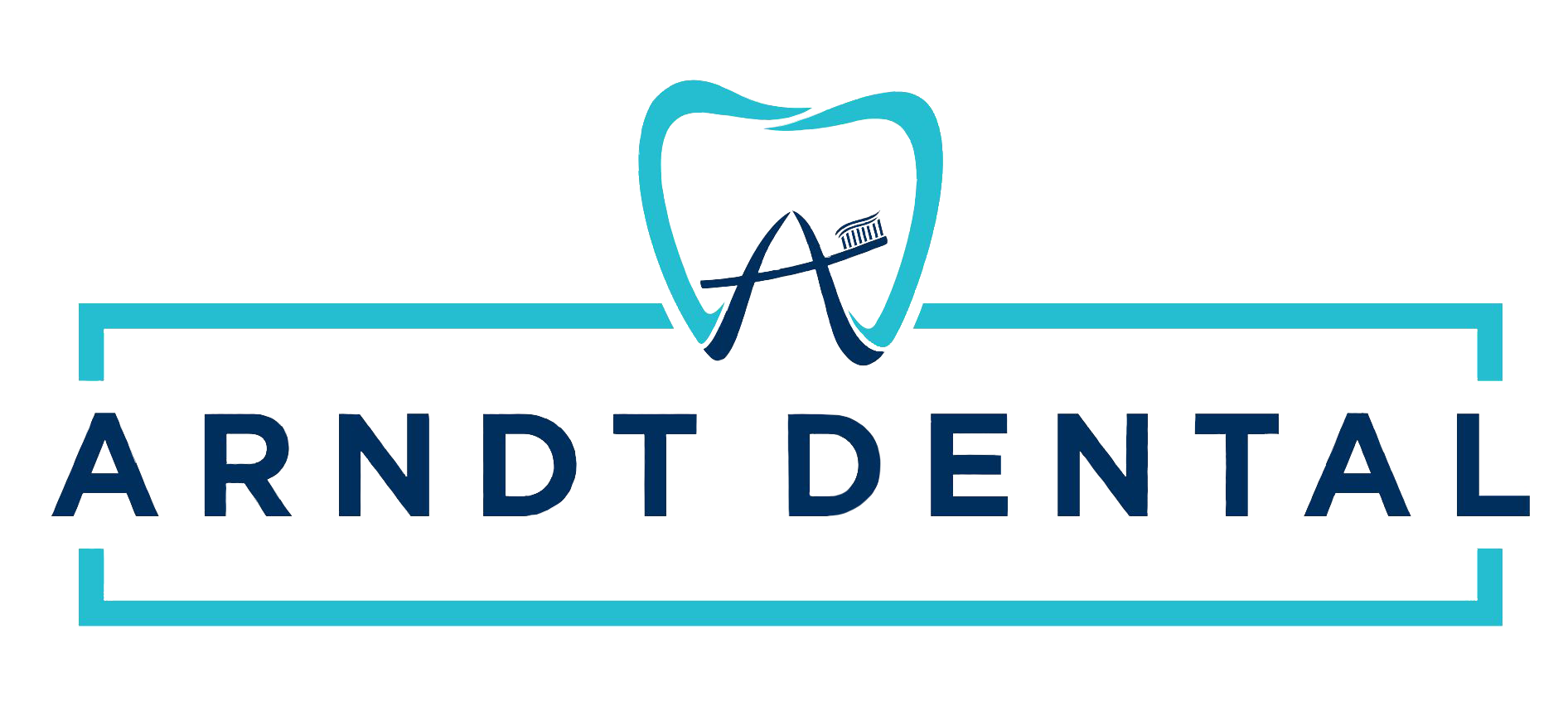We often think of oral health and overall health as separate, but of course, our mouths are part of our bodies. Oral health is just one part of overall health, and even though you tend to go to a dentist for your teeth and a doctor for other health matters, your oral health can have lots of impacts on the rest of your body.
Oral Health and Overall Health are Connected
Overall health and oral health are highly correlated worldwide. This is probably in part due to overlapping access to medical and dental care. However, certain chronic health conditions are even more strongly correlated with poor oral health.
For example, gum disease is linked to many other conditions, including diabetes, cardiovascular disease, and some forms of cancer. This doesn’t mean that gum disease causes other health problems, or vice versa, but the presence of one may make the other more likely. Some researchers believe this may be because gum disease is an inflammatory disease that can allow bacteria to enter the bloodstream more easily, making the body work harder to stay healthy.
How Other Health Issues Can Affect Oral Health
In addition to poor oral health increasing risk factors, some health issues can in turn put your oral health at risk. Diabetes, for example, can make it more difficult for the body to fight off infections, which increases the risk of infections in the gums. Osteoporosis affects bone health, which means that it can result in weakened and brittle teeth. In addition, some medications impact oral health, such as by reducing saliva production, which can increase bacteria in the mouth.
Pregnancy and Oral Health
Pregnancy is a major stressor on the body, and it is common for oral health to suffer during pregnancy. Gingivitis is common throughout pregnancy, resulting in swollen and bleeding gums. Morning sickness can cause increased vomiting, which can damage gums and tooth enamel. If any of these symptoms change oral hygiene habits, pregnancy can also lead to longer term dental issues.
In addition, oral disease can affect pregnancy. For example, periodontal disease in the gestational parent may increase the risk of a pre-term and low-birth-weight baby.
What Can You Do?
The most important steps you can take to ensure your oral health are to brush and floss regularly, and to see a dentist regularly for checkups and cleaning. Brushing and flossing will help keep your teeth and gums clean and limit the amount of bacteria in your mouth. Meanwhile, regular visits to your dentist will allow them to identify and solve any potential problems before they become serious.
In addition, make sure you inform your dentist of any health issues you may have. Ask your dentist if there’s anything you should tell your doctor about at your next checkup.
Interested in learning more? Contact Orzechowski & Arndt today to schedule an appointment or ask any questions!

